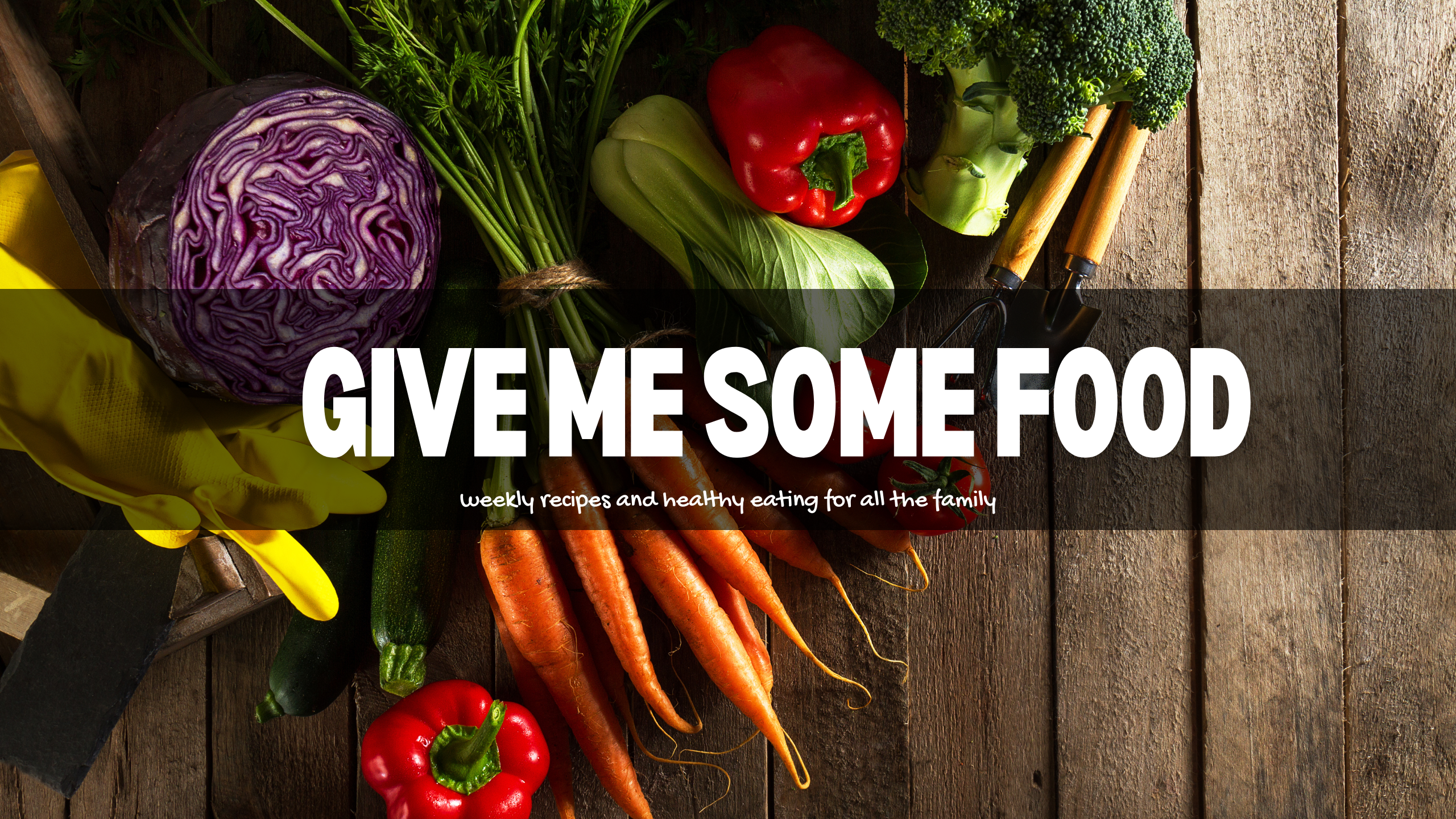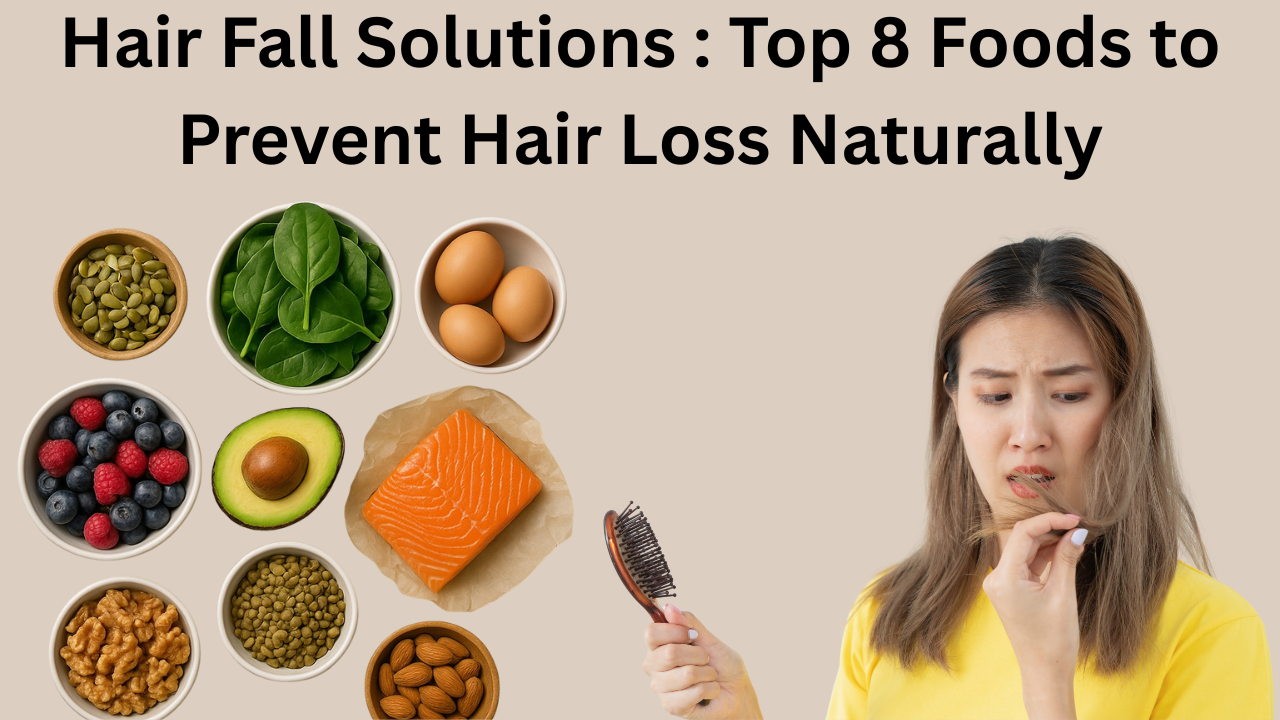Hair loss, also called alopecia, is a widespread condition that affects many people around the world. It can happen to both men and women and may start at any age. Hair loss can appear slowly over time or come on suddenly, depending on the cause.
There are many reasons why someone might experience hair loss. Genetics often play a big role, especially in male or female pattern baldness. Hormonal changes, such as those from pregnancy or thyroid problems, can also lead to hair thinning. In some cases, poor diet, stress, or certain lifestyle habits may contribute to the problem.
Although hair loss can be upsetting, understanding what causes it is the first step toward managing it. By identifying the root cause, people can explore treatment options, make healthier lifestyle choices, and take steps to support hair growth. Early action can improve the chances of slowing or even reversing hair loss.
This article explores the causes of hair loss and offers a comprehensive guide on how to combat it, especially through the inclusion of key nutrients found in anti-hair loss foods.
Understanding Hair Loss
Hair loss can occur for various reasons, and the most common ones include:
Genetics: Known as androgenetic alopecia, this is the most common type of hair loss. It’s hereditary and can affect both men and women.
Hormonal Imbalance: Hormonal changes due to pregnancy, childbirth, menopause, or thyroid problems can lead to hair loss.
Nutritional Deficiencies: A lack of essential vitamins and minerals like iron, biotin, and zinc can cause hair thinning or loss.
Stress: Emotional and physical stress can trigger a condition called telogen effluvium, where hair prematurely enters the shedding phase.
Autoimmune Diseases: Conditions like alopecia areata can cause hair to fall out in patches as the body’s immune system mistakenly attacks the hair follicles.
Medications: Certain drugs, such as chemotherapy agents, blood thinners, and antidepressants, can cause hair shedding as a side effect.
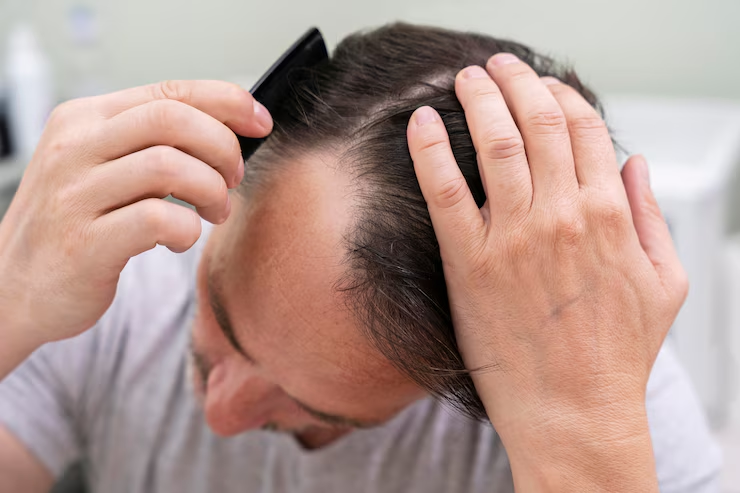
The Impact of Diet on Hair Health
Diet has a big impact on the health of your hair. Eating a balanced diet with the right nutrients helps your hair grow strong and stay healthy. When your body gets what it needs, your hair is more likely to grow well and look its best.
Certain vitamins and minerals are especially important for preventing hair loss. Nutrients like iron, zinc, and vitamins A, C, and E support the hair follicles and scalp. Including foods rich in these nutrients can improve hair strength and reduce the risk of thinning or shedding.
However, poor eating habits can lead to weak or brittle hair. If your diet lacks essential nutrients, it may trigger hair loss or slow down hair growth. To support healthy hair, it’s important to focus on good nutrition and make smart food choices every day. A healthy diet helps keep your hair full and strong.
Top Anti-Hair Loss Foods
Spinach (Rich in Iron and Vitamin A)
Spinach is a highly nutritious leafy green that supports overall hair health. It contains important vitamins and minerals that help your hair grow stronger and stay healthy. Adding spinach to your meals is a simple way to support natural hair care.
One of the key nutrients in spinach is iron. Iron helps carry oxygen through the blood to your hair follicles. This oxygen flow is important for healthy hair growth and keeping your scalp in good condition. When the body lacks iron, it can weaken the hair roots.
A shortage of iron in the diet may lead to hair fall or thinning over time. Eating spinach regularly can help reduce the risk of iron deficiency and support stronger hair. For anyone struggling with hair fall, including iron-rich foods like spinach is an easy and effective step toward improving hair strength and reducing shedding.
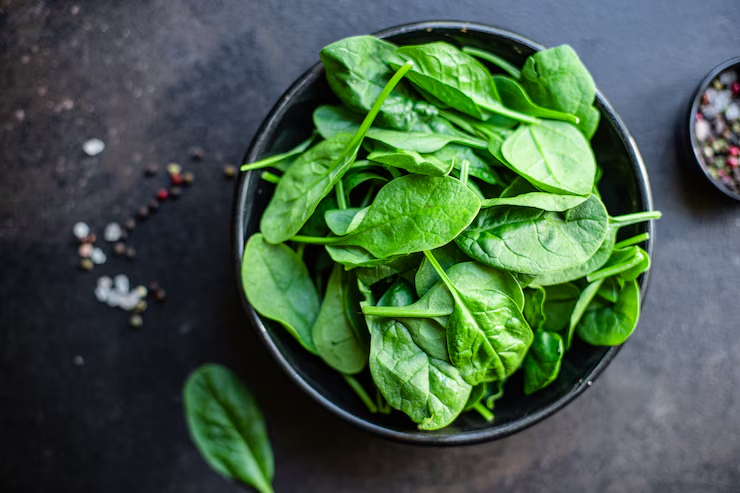
Why it’s good for your hair:
Iron: Helps red blood cells carry oxygen to hair follicles, promoting growth.
Vitamin A: Stimulates the sebaceous glands to produce sebum, which keeps the scalp moisturized.
Folic acid: A B-vitamin that encourages cell renewal and stimulates healthy hair growth.
How to add it to your diet:
Toss fresh spinach in salads.
Add it to smoothies, omelets, or soups.
Sauté with garlic and olive oil for a delicious side dish.
Salmon (Rich in Omega-3 Fatty Acids)
Salmon is a powerful food choice for supporting hair health. It is rich in omega-3 fatty acids, which play an important role in keeping your hair strong and shiny. These healthy fats help protect your scalp and support the overall health of your hair.
Omega-3 fatty acids in salmon help nourish hair follicles and improve blood flow to the scalp. Better circulation means more nutrients reach the roots, which can support healthy hair growth and reduce hair fall. Including salmon in your meals can make a big difference for your hair.
Besides omega-3s, salmon is also high in protein. Since hair is mostly made of protein, getting enough of it in your diet helps prevent weak or brittle strands. Eating salmon regularly can help reduce hair fall and promote thicker, stronger hair over time, making it a smart choice for your diet.
Why it’s good for your hair:
Omega-3 fatty acids: Keep the scalp hydrated and encourage hair follicle strength.
Vitamin D: Low levels of Vitamin D have been linked to hair loss, and salmon is a great natural source of it.
Protein: Strengthens hair strands and supports growth.
How to add it to your diet:
Grill or bake salmon with herbs and lemon for a flavorful main dish.
Add to salads or make a salmon spread for sandwiches.
Eggs (High in Biotin and Protein)
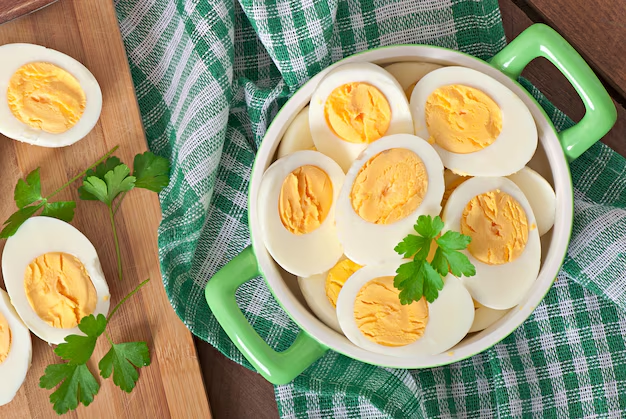
Eggs are a great food for supporting hair health and reducing hair fall. They are rich in biotin, a vitamin that helps improve the strength and texture of hair. Biotin is important for keeping hair roots healthy and encouraging new growth.
Biotin, found in eggs, plays a key role in maintaining the health of your hair, skin, and nails. Without enough biotin, hair can become weak and may start to fall out more easily. Including eggs in your diet can help fight hair fall and support thicker, fuller hair.
In addition to biotin, eggs are also packed with protein. Since hair is mostly made of protein, getting enough from your food helps strengthen each strand. Regularly eating eggs can improve hair structure, reduce breakage, and help manage hair fall naturally. Adding eggs to your meals is a simple step for healthier hair.
Why it’s good for your hair:
Biotin: Helps stimulate keratin production, making hair stronger and less prone to breakage.
Protein: Supports the structural integrity of hair strands.
Zinc: Deficiency in zinc has been linked to hair loss, and eggs are a good source of it.
How to add it to your diet:
Enjoy boiled, scrambled, or poached eggs as a snack or breakfast.
Make an egg-based salad or add eggs to vegetable stir-fries for extra protein.
Nuts and Seeds (Rich in Zinc and Vitamin E)
Nuts and seeds are excellent snacks that offer many benefits for hair health. Almonds, walnuts, flaxseeds, and chia seeds are rich in healthy fats, vitamins, and minerals that support strong and shiny hair. Including them in your daily diet can help reduce hair fall.
One important nutrient found in these foods is zinc. Zinc plays a key role in keeping the scalp and hair follicles healthy. It helps repair damaged hair tissues and promotes proper oil gland function. When the body doesn’t get enough zinc, it may lead to increased hair fall and weak strands.
By eating a variety of nuts and seeds, you give your body the nutrients it needs for healthy hair growth. These small foods are easy to add to meals or enjoy as snacks. For anyone facing hair fall, they are a simple and effective choice for supporting better hair strength.
Why they’re good for your hair:
Vitamin E: Acts as an antioxidant that helps protect the scalp and hair from oxidative stress and damage.
Zinc: Encourages hair follicle development and reduces shedding.
Omega-3 fatty acids: Nourish the scalp and hair.
How to add them to your diet:
Snack on a handful of mixed nuts or seeds.
Add them to smoothies, oatmeal, or yogurt.
Sprinkle on top of salads or baked goods.
Sweet Potatoes (Packed with Beta-Carotene)
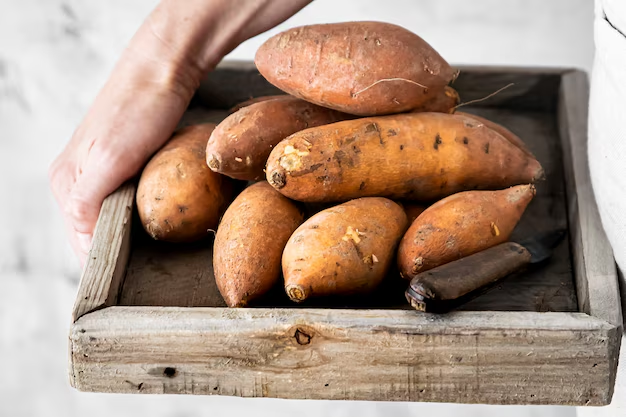
Sweet potatoes are a nutritious food that supports hair health and may help reduce hair fall. They are rich in beta-carotene, a compound that the body changes into vitamin A. This vitamin is important for keeping your scalp and hair roots healthy.
Vitamin A helps the scalp produce the right amount of sebum, a natural oil that keeps hair moisturized. When the scalp is well-moisturized, hair is less likely to become dry or break easily. This can reduce hair fall and improve hair texture over time.
A lack of vitamin A can lead to a dry scalp and weaker hair strands. By adding sweet potatoes to your meals, you support healthy hair growth and a balanced scalp. Including this tasty vegetable in your diet is a simple way to manage hair fall and promote smoother, stronger hair naturally.
Why it’s good for your hair:
Beta-carotene: Improves scalp health and enhances hair growth.
Vitamin A: Helps in the development of healthy hair follicles.
Potassium: Supports proper circulation to hair follicles.
How to add it to your diet:
Roast or bake sweet potatoes for a nutritious side dish.
Mash them and add a touch of cinnamon for flavor.
Include into stews, soups, or salads.
Avocados (Rich in Healthy Fats and Vitamin E)
Avocados are a great food choice for supporting hair health and preventing hair fall. They are rich in healthy fats and vitamin E, which are both important for keeping hair strong, shiny, and well-nourished. Adding avocados to your meals can improve overall hair condition.
Vitamin E found in avocados helps protect the scalp and hair follicles from damage caused by free radicals. These harmful molecules can weaken hair roots, leading to increased hair fall. By protecting the scalp, vitamin E supports healthy hair growth and reduces breakage.
Avocados also help improve blood flow to the scalp. Better circulation means more nutrients reach the hair roots, keeping them strong and healthy. Eating avocados regularly can make your hair more resilient and less likely to fall out. Including this creamy fruit in your diet is a simple and tasty way to manage hair fall and support hair growth naturally.
Why it’s good for your hair:
Vitamin E: Acts as an antioxidant and promotes healthy hair follicles.
Healthy fats: Strengthen hair strands and support scalp hydration.
Biotin: An essential vitamin for hair growth.
How to add it to your diet:
Spread avocado on whole-grain toast.
Add it to salads, smoothies, or use as a topping for tacos or bowls.
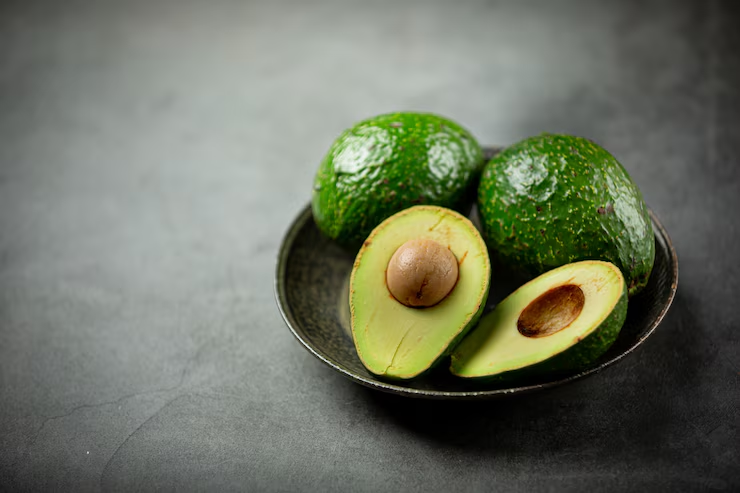
Berries (Rich in Vitamin C)
Berries like strawberries, blueberries, and blackberries are packed with nutrients that support healthy hair. They are rich in vitamin C, a powerful antioxidant that plays a key role in reducing hair fall and improving hair strength. Including berries in your diet can make a real difference in your hair’s health.
Vitamin C helps protect hair follicles from damage caused by free radicals. These harmful molecules can weaken the roots and increase hair fall over time. By fighting off this damage, vitamin C keeps the scalp and hair follicles healthy and strong.
Another important role of vitamin C is helping the body absorb iron from food. Iron is essential for strong hair, and a lack of it can lead to increased hair fall. Adding berries to your meals not only boosts your vitamin C levels but also supports better iron absorption, making them great for promoting hair growth.
Why they’re good for your hair:
Vitamin C: Strengthens hair strands and enhances hair growth.
Antioxidants: Protect hair from environmental damage and premature aging.
Collagen production: Vitamin C helps in the production of collagen, a protein that supports the structure of hair.
How to add them to your diet:
Enjoy a berry salad with nuts and seeds.
Blend them into smoothies or mix them into yogurt or oatmeal.
Carrots (Packed with Beta-Carotene)
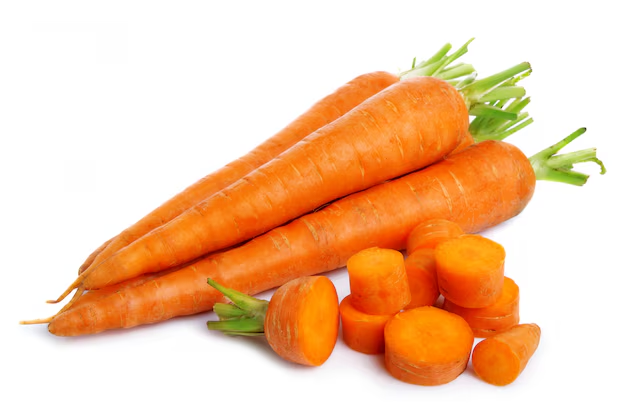
Carrots are a healthy and tasty vegetable that supports strong hair and helps reduce hair fall. They are rich in beta-carotene, a nutrient that the body changes into vitamin A. This vitamin plays an important role in keeping the scalp and hair roots healthy.
Vitamin A helps the scalp produce sebum, a natural oil that keeps the hair moisturized and protected. When the scalp is well-balanced, hair is less likely to become dry, weak, or fall out. Carrots help maintain this balance and support healthy hair growth.
A lack of vitamin A can lead to dry scalp and damaged hair follicles, which may cause more hair fall. Eating carrots regularly is an easy way to give your body the nutrients it needs for healthy hair. Adding them to your meals or snacks can support stronger, shinier hair and reduce shedding over time.
Why they’re good for your hair:
Beta-carotene: Supports a healthy scalp and promotes hair growth.
Antioxidants: Protect hair from environmental damage.
Vitamin A: Maintains healthy hair follicles and encourages hair growth.
How to add them to your diet:
Enjoy raw carrots as a crunchy snack.
Add them to soups, stews, or salads.
Juice them or blend them into smoothies.
Conclusion
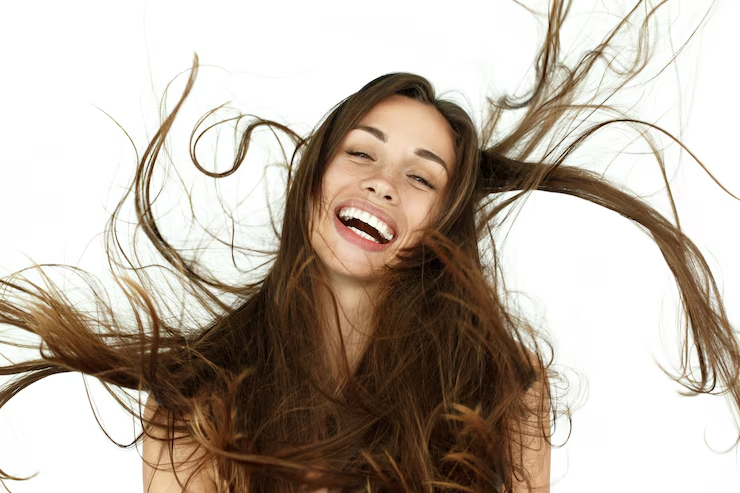
In conclusion, hair fall can be caused by a variety of factors such as genetics, hormonal changes, stress, and poor diet. However, adopting a nutrient-rich diet can significantly help in reducing hair fall and promoting healthier hair growth.
By including anti-hair loss foods like spinach, salmon, eggs, nuts, and berries in your daily meals, you can provide your hair with the essential vitamins, minerals, and fatty acids needed to strengthen hair follicles and prevent shedding.
While diet alone may not completely stop hair fall, it is a vital component of an overall healthy lifestyle. Combined with proper hair care, stress management, and adequate sleep, these dietary changes can make a noticeable difference in reducing hair fall and improving the health and vitality of your hair. Nourishing your hair from the inside out is an essential step toward achieving thicker, stronger hair.
FAQs
Q.1 How can carrots help reduce hair fall ?
Carrots are rich in beta-carotene, which converts into vitamin A in the body. This vitamin supports the health of hair follicles and promotes natural oil production, helping reduce dryness and hair fall.
Q.2 How often should I eat carrots to support hair health ?
Eating carrots 3 to 4 times a week as part of a balanced diet can provide enough vitamin A and other nutrients to support healthy hair and reduce hair fall.
Q.3 Can too much vitamin A from carrots cause hair fall ?
Yes, consuming very high amounts of vitamin A from supplements may lead to hair fall. However, getting vitamin A naturally from carrots is safe and beneficial in normal amounts.
Q.4 Are cooked or raw carrots better for hair health ?
Both are good, but lightly cooked carrots may help your body absorb more beta-carotene, which supports hair growth.
Q.5 What other foods work well with carrots to prevent hair fall ?
Foods like spinach, eggs, nuts, and berries are also rich in hair-friendly nutrients and pair well with carrots to support stronger, healthier hair.
